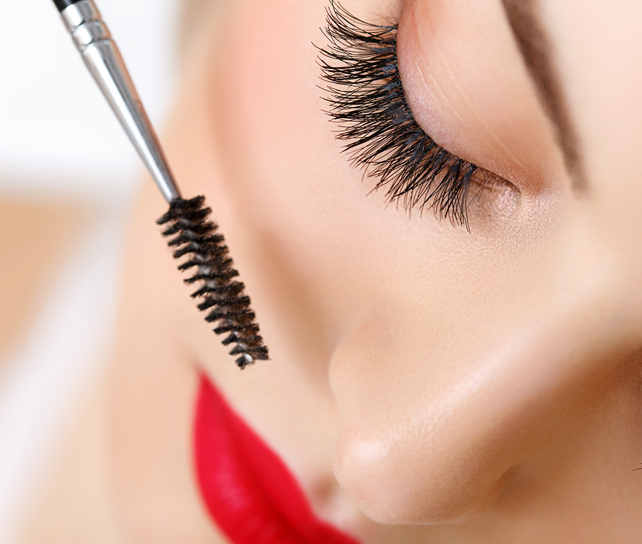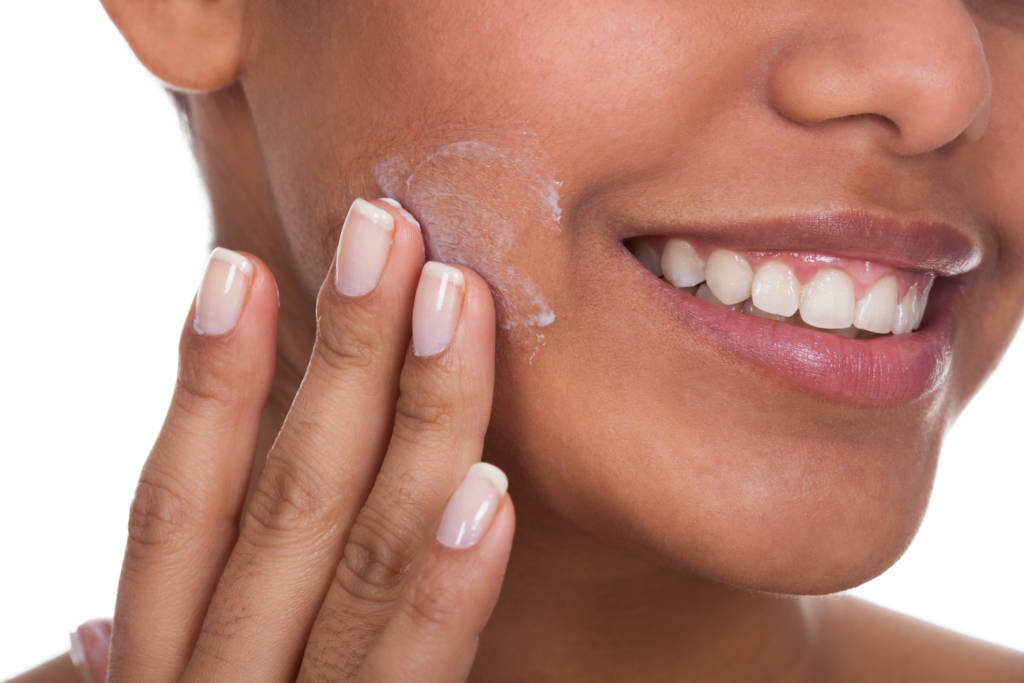produce free radicals — unstable, unattached oxygen molecules that can damage skin membranes, proteins, and DNA.
Internally, as a normal byproduct of metabolism, skin cells create still more free radicals. When we’re younger, these free radicals are removed by antioxidants in the skin, which are in shorter supply as the years pass. Collagen and elastin — the skin’s support fibers — break down. Cell turnover slows. The skin’s outer cells don’t slough off as easily, so skin isn’t renewed as efficiently.
What’s more, the skin doesn’t retain as much moisture as it once did. Cells leak moisture when the glue that holds cell membranes together begins to degenerate, explains Donofrio. Sweat and oil glands also produce less moisture.
Facial bones become less dense and fat deposits under the skin shrink, causing the skin to lose elasticity. And, as women enter their late 40s and 50s, the decrease in the hormone estrogen makes skin thinner, because it is no longer able to hold as much water.
Genes also play a role in how your skin ages. The rate at which women lose collagen, elastin, and






